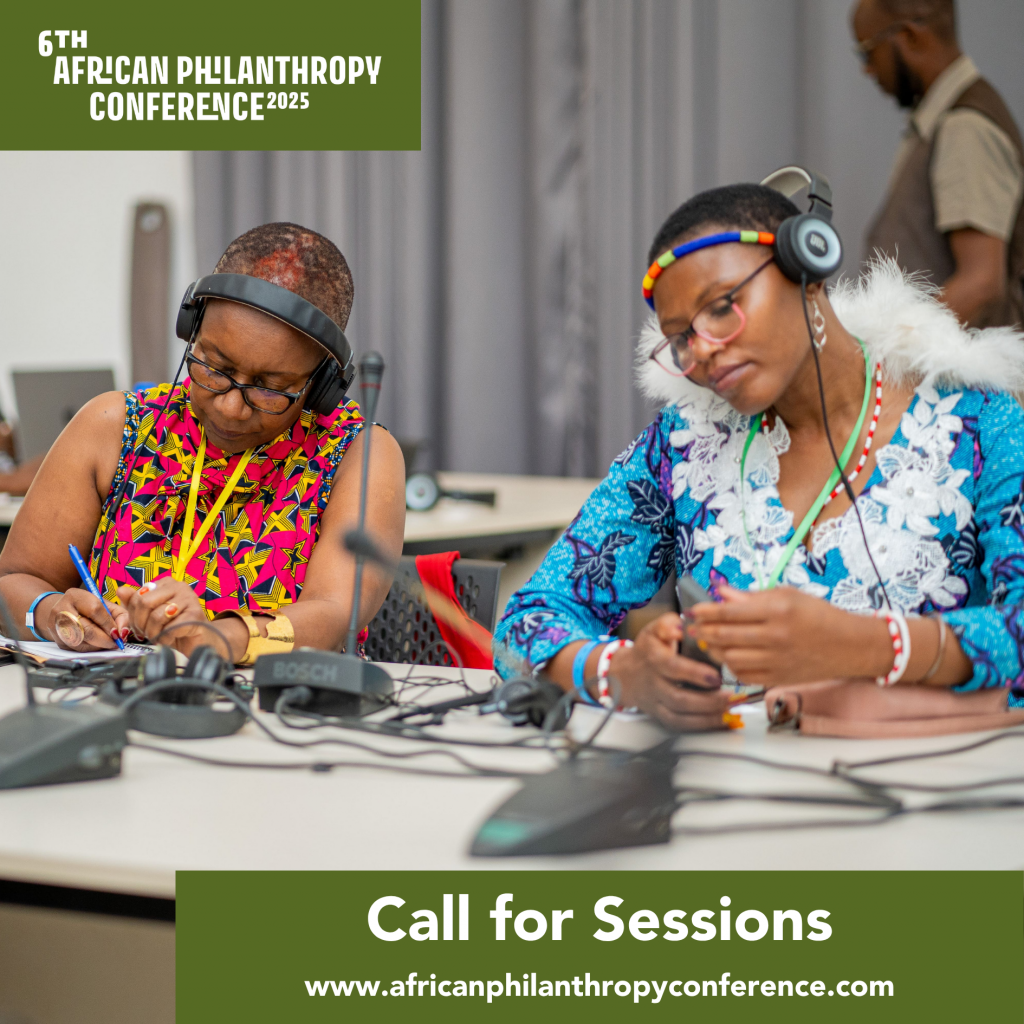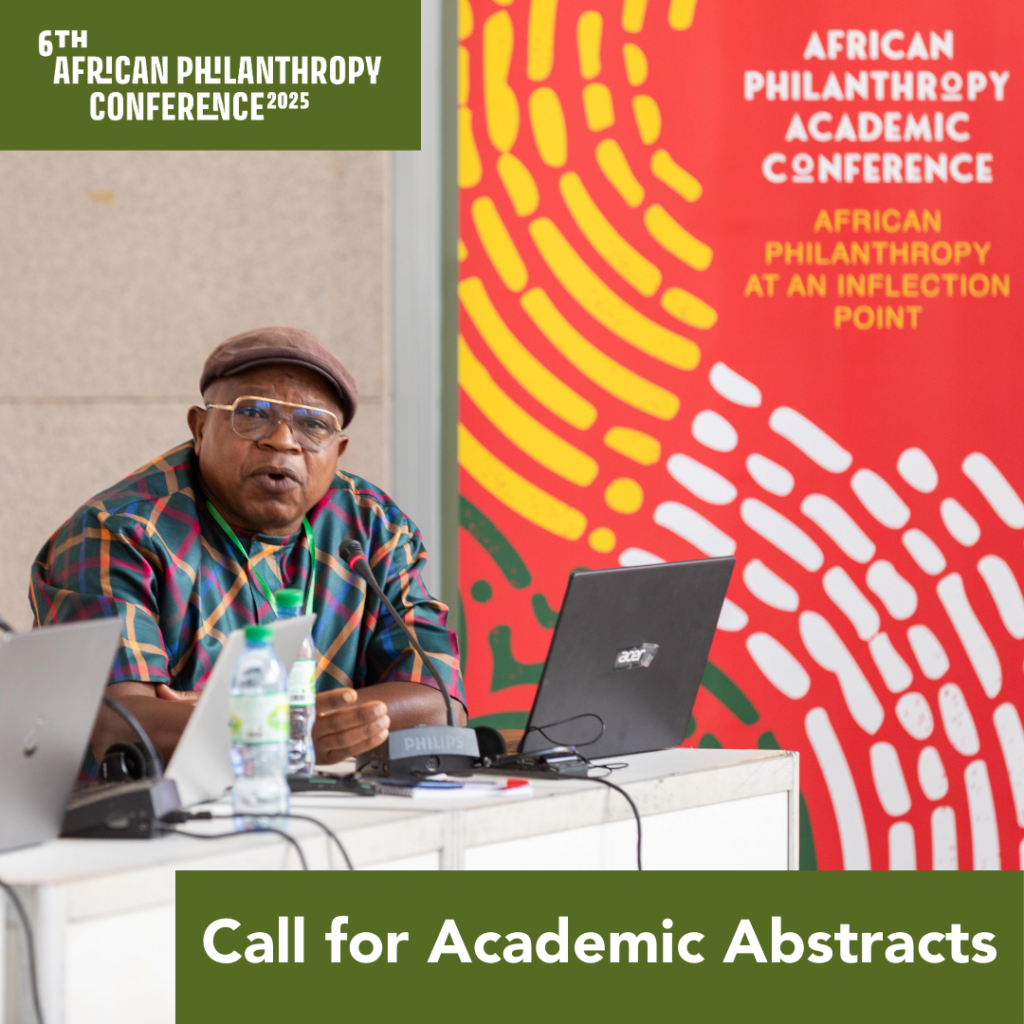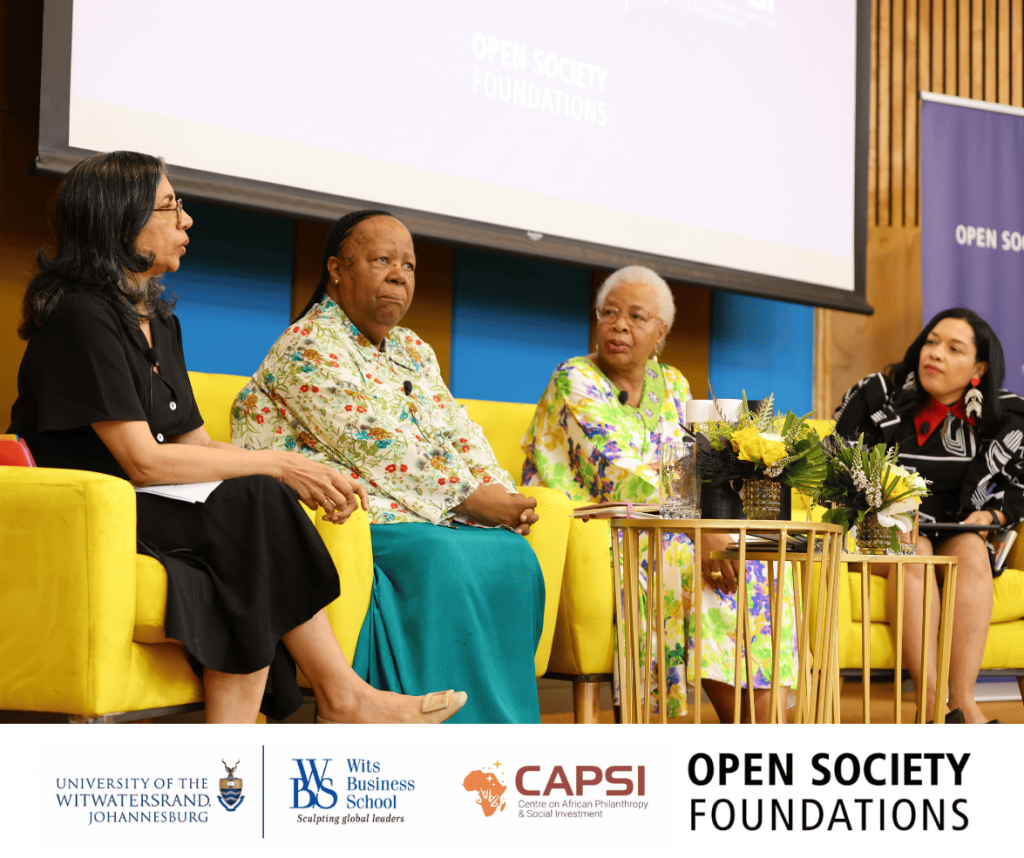Society Talks is a public dialogue series hosted by the Southern Africa Trust, bringing together stakeholders within the development, business and civil society communities to inform, engage and share experiences with the broader society.
On November 4 2020 instalment was hosted by CAPSI Director Prof. Bhekinknosi Moyo. The discussion was centred around using philanthropy as an enabling sector, as well as understanding the recommended key policy interventions required for SADC to address the imminent changes. The panellists for this discussion were Evans Okinyi of the East Africa Philanthropy Network (EAPN), Mosun Layode of African Philanthropy Forum (APF), Caesar Ngule of Kenya Community Development Foundation (KCDF), Gima H. Forje of the TY Danjuma Foundation.
Evans Okonyi spoke of the work of EAPN, how they focus on the development and management of knowledge, building alliances and the enabling environment for successful philanthropy in East Africa. They are committed to providing a platform where members and the philanthropy sector can meet, share, plan, and network – something that proved very useful during the COVID-19 pandemic.
Working closely with the members, EAPN has been trying to convert those conversations into meaningful partnerships, connecting government with philanthropists to address issues of food security. Also looking at alternative ways of financing the gaps that exist in food security, blending finance from private sector with that of government and philanthropy.
Mosun Layode began by recapping the previous ten months, specifically how the African continent has not experienced the drastic health impact from pandemic, as predicted by the rest of the world. Unfortunately, the economic repercussions have exposed the fragility of the health and social safety systems. Still relying heavily on imports to supply staples like rice, Africa is unlikely to be able to feed more than 25% of its population by 2025. One of the key points that came out of APF’s recent conference, is that in absolute terms, food production has increased, but the impact is not really felt across the continent. Looking at the impact of climate change on food security, Mosun spoke of a need to get relevant institutions involved, bringing philanthropy in as well. Creating awareness on these issues is a way that philanthropists could make a difference, particularly garnering support for the smallholder farmers.
Another interesting outtake from the conference was the need to promote agricultural practices in Africa, beyond food production – looking at technology, tools, and training to harness the arable land and produce enough food to feed the world, giving African an economic advantage. Attracting young, unemployed people to opportunities in agriculture is a necessary action, aiding the issues of unemployment.
Looking at food security as it pertains to malnutrition, Mosun highlighted the need to focus on children, getting them the support they need for the first 1 000 days of life. She also emphasised how important it is to prepare for the next global epidemic or eventuality, so as not to be caught off guard again.
Caesar Ngule looked back at how the immediate response to food security in Kenya during the pandemic involved the handout of food parcels – was this a sustainable solution? KCDF put a lot of effort into support of smallholder and subsistence farmers, as well as addressing policy bottlenecks, like land rights.
Gima H Forje outlined the TY Danjuma Foundation’s initial response to the pandemic, which echoed Caesar’s – handing out of food parcels, while the longer-term view was supplying them with the tools and knowledge to become sustainable themselves. He also mentioned the waste of food during the lockdown, due to restrictions in movement – food that could have fed many people. He spoke of the many ways to support the smallholder farmers, as well as the school feeding programme.
Mosun spoke of infrastructure, and how the relationship between governments and philanthropy varies from country to country. For philanthropy to work in Africa, organisations, governments, and initiatives must work together to get a result. Using an example within APF, she spoke of how they showcased various organisations in Africa working within the field of food security, at their conference. They shortlisted them, voted and came up with one organisation, FarmGro Africa (from Kenya), who now is the beneficiary of all of APF’s registration fees. An unexpected outcome has been continued calls and interests from big corporations and organisations wanting to get involved in Food Security; to be connected to organisations through a trusted middleman, like APF.
Evans listed three critical points to converting philanthropic donations into long term strategies:
- More support is needed for small scale food producers, in these areas: famine, food, knowledge and financial services – connecting these with the market so as to take advantage of opportunities arising from the value chain.
- Working more holistically, no longer in silos.
- Improve collection, storage, analyses of quality and accessible agricultural data.
Moving from response to preparedness, there should be a focus on education and health. Philanthropists could help to digitise schools, improve infrastructure in healthcare, especially in attracting and keeping qualified people.
The key takeaways from the discussion were:
- To get action on climate change in Africa, it has to be relevant, so bringing food security, a more immediate problem, to the fore and emphasising its relationship with climate change, is the way to connect it.
- The data collected during the pandemic, specifically of who received what, from where, is a trend that needs to be leveraged – more data on philanthropy is needed in Africa.
- There is great opportunity in philanthropy for the development of technology, moving towards the goal of 60% of Africans being connected on a mobile network, by 2025.
- There is a lot of opportunity for food security advocacy outside of philanthropy – community support and grassroots mechanisms can be leveraged to lobby and manage agricultural programmes.
“Philanthropy is the glue that binds our societies together and it expresses itself in different forms.”
This article was published on the Southern Africa rust website.





